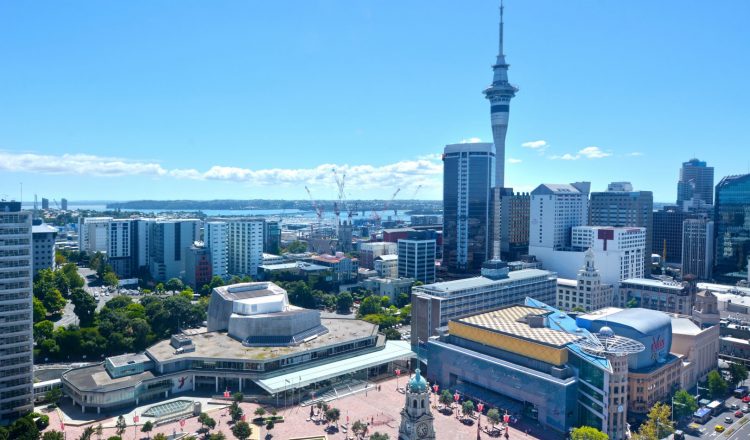Corruption
New Zealand is regarded as having one of the lowest levels of corruption in the world. The 2019 Corruption Perceptions Index, published in January 2020, ranks the country first out of 176 countries, a placing it also held for seven consecutive years until 2013.
New Zealand has ratified several important international anti-corruption conventions such as the OECD Convention on Combating Bribery of Foreign Public Officials in International Business Transactions and the United Nations Convention against Corruption.
New Zealand also has a number of agencies to fight against corruption. These agencies are:
- The Serious Fraud Office (SFO): The lead law enforcement agency for investigating and prosecuting serious financial crime, including bribery and corruption.
- The Electoral Commission is responsible for the administration of parliamentary elections and promoting compliance with electoral laws, including those around the size and transparency of donations. If they believe the law is being broken, they refer the matter to the Police or Serious Fraud Office.
- The Independent Police Conduct Authority is an independent body that considers complaints against New Zealand Police and oversees their conduct.
- The Ombudsman’s role is to ensure citizens receive ‘fair play’ in their dealings with government entities, and they investigate where required.Over the years the powers of the Office have been extended to include education and hospital boards (from 1968), local government agencies (1975), requests under the Official Information Act (2003) and in 2005, all crown entities.

















































